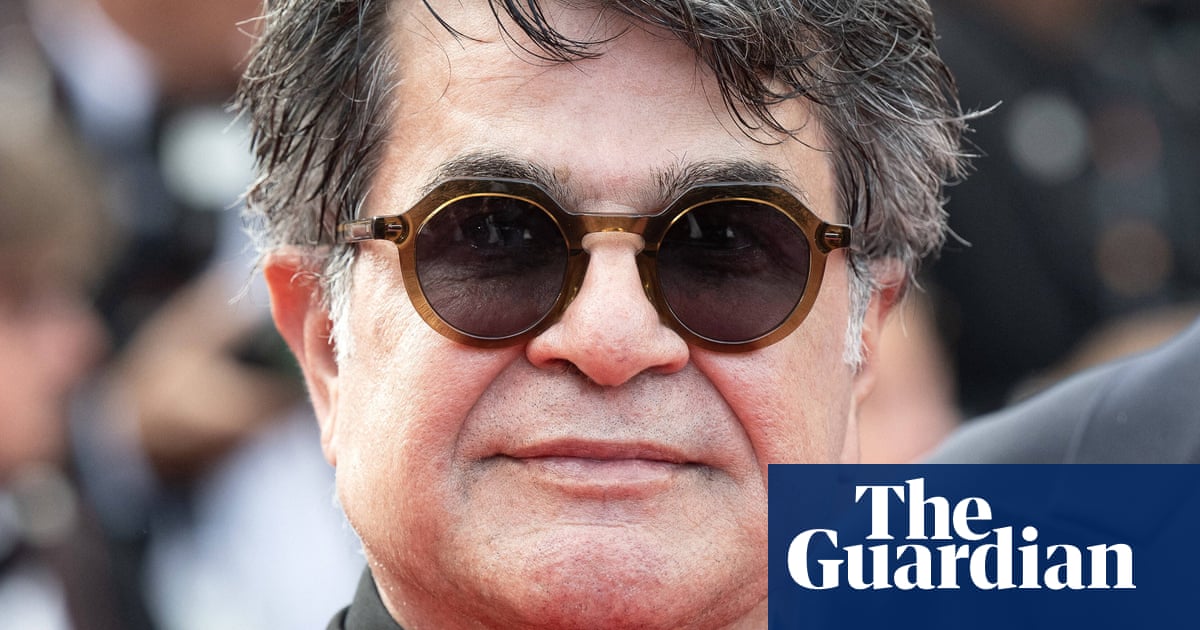Iranian film-maker Jafar Panahi was given a hero’s welcome on his return to Tehran on Monday afterwinning the top prize at the Cannes film festival, footage posted on social media showed.
After being banned from leaving Iran for years, forced to make films underground and enduring spells in prison, Panahi attended the film festival in person andsensationally walked away with the Palme d’Or for his latest movie It Was Just an Accident.
With some supporters concerned that Panahi could face trouble on his return toIran, he arrived without incident at Tehran’s main international airport, named after the founder of the 1979 Islamic revolution Ayatollah Ruhollah Khomeini, in the early hours of Monday.
He was immediately cheered by supporters waiting in the public area as he descended the escalator from passport control to baggage collection, footage posted by the Dadban legal monitor on social media showed. One person could be heard shouting “Woman, life, freedom!”, the slogan of the 2022-2023 protest movement that shook the Iranian authorities.
On exiting, he was greeted by around a dozen supporters who had stayed up to welcome him, according to footage posted on Instagram by the Iranian director Mehdi Naderi and broadcast by the Iran International channel which is based outside Iran. Smiling broadly and waving, he was cheered, applauded, hugged and presented with flowers. “Fresh blood in the veins of Iranian independent cinema,” wrote Naderi.
The warm welcome from fans at the airport contrasted with the lukewarm reaction from Iranian state media and officials to the first time an Iranian film-maker was awarded the Palme d’Or since Taste of Cherry by the late Abbas Kiarostami in 1997.
While mentioned by state media such as the IRNA news agency, Panahi’s triumph has received only limited coverage inside Iran and has also sparked a diplomatic row with France. French foreign minister Jean-Noël Barrot called his victory “a gesture of resistance against the Iranian regime’s oppression” in a post on X, prompting Tehran to summon France’s chargé d’affaires to protest against the “insulting” comments.
“I am not an art expert, but we believe that artistic events and art in general should not be exploited to pursue political objectives,” said foreign ministry spokesman Esmaeil Baqaei.
The film is politically charged, showing five Iranians confronting a man they believe tortured them in prison, a story inspired by Panahi’s own time in detention. After winning the prize, Panahi also made a resounding call for freedom in Iran. “Let’s set aside all problems, all differences. What matters most right now is our country and the freedom of our country.”
